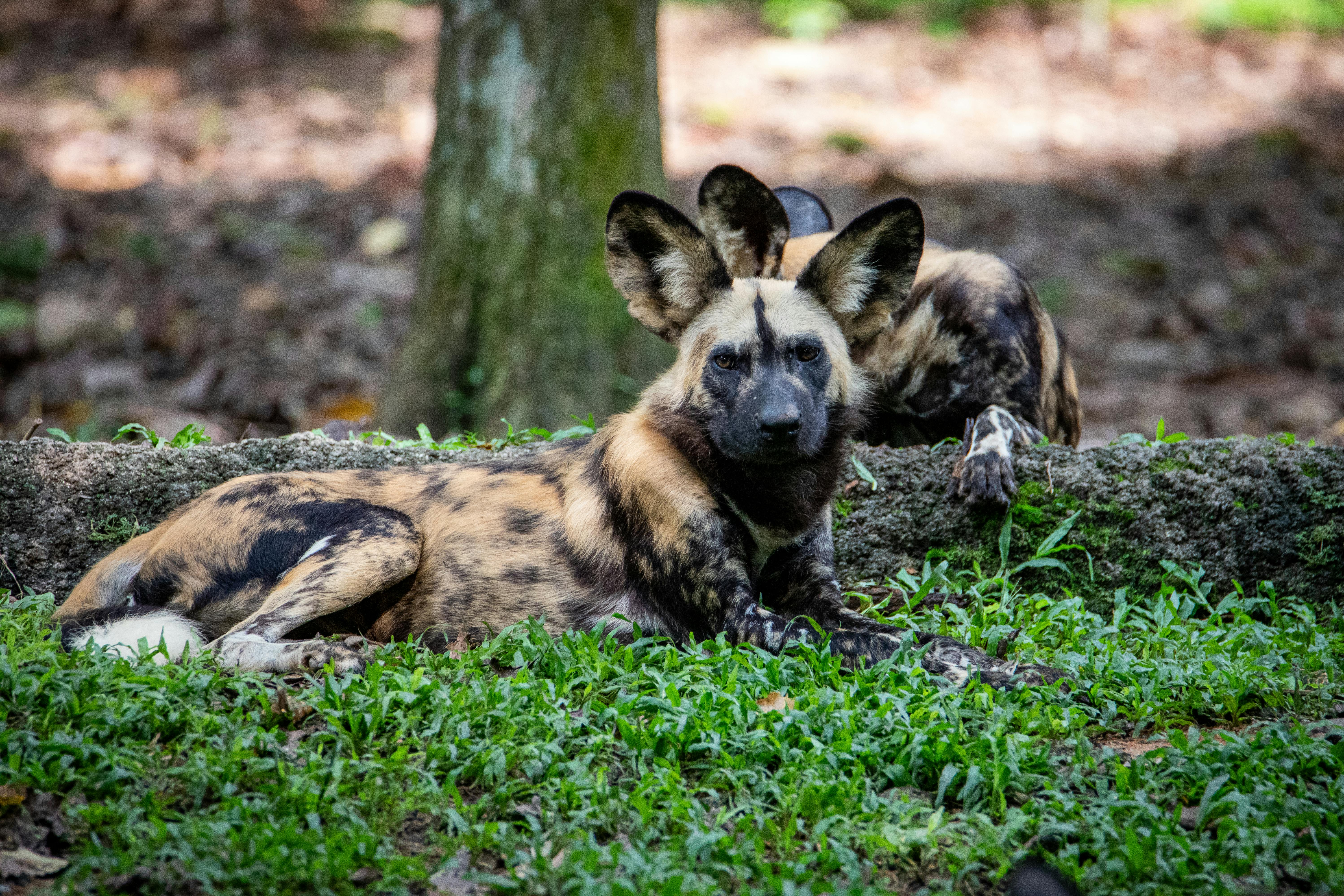The Secret Life of African Wild Dogs

Exploring the Behavior and Habits of African Wild Dogs
African wild dogs, also known as painted wolves, are some of the most fascinating and elusive creatures in the wild. With their intricate social structure and hunting strategies, these animals provide a unique glimpse into the natural world.
Unlike other carnivores, African wild dogs rely on cooperation and teamwork to hunt for their prey. They are highly social animals that live in packs led by an alpha male and female. Each pack member plays a specific role in the hunt, ensuring the success of the group.
These creatures are also known for their remarkable communication skills, using a combination of vocalizations and body language to coordinate their activities. Their playful interactions and close bonds make them some of the most endearing creatures in the wild.
The Threats Facing African Wild Dogs
Despite their remarkable abilities, African wild dogs face numerous threats in the modern world. Habitat loss, human-wildlife conflict, and disease outbreaks have taken a toll on their populations, leading to a decline in numbers across their range.
Conservation efforts are essential to ensuring the survival of these unique creatures. By raising awareness, supporting research, and implementing protective measures, we can help secure a future for African wild dogs and preserve their important ecological role.
Encountering African Wild Dogs in the Wild
For those fortunate enough to see African wild dogs in their natural habitat, the experience is truly unforgettable. Watching these animals in action, witnessing their teamwork and social dynamics, offers a rare insight into the beauty and complexity of the natural world.
By learning more about African wild dogs and supporting their conservation, we can contribute to the safeguarding of biodiversity and the protection of our planet's most precious resources.





